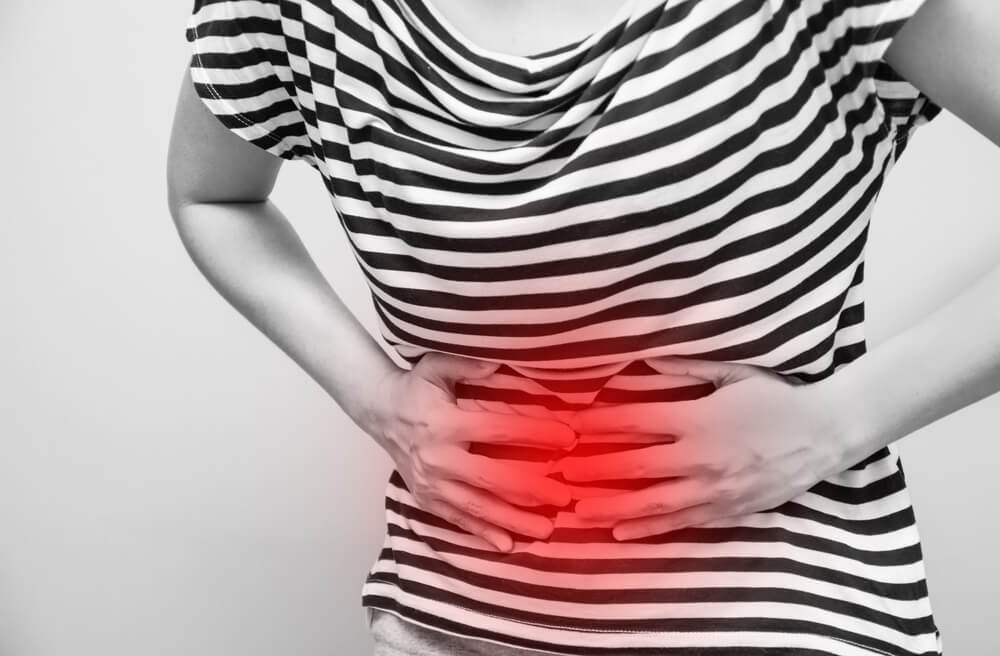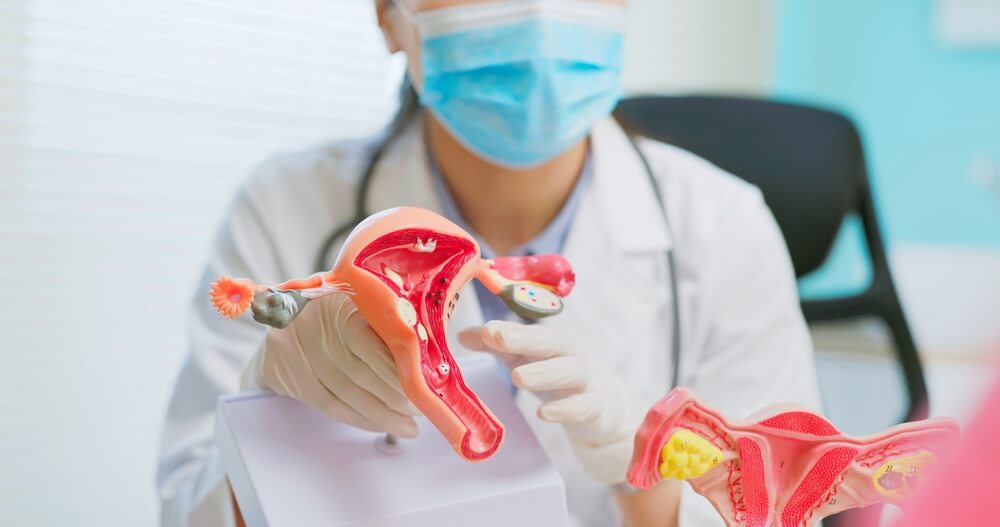PCOS, or polycystic ovary syndrome, is a condition where the person suffers from hormonal issues during their reproductive years. In practice, tiny fluid sacs develop on the outer edge of the ovaries called cysts. These cysts are full of immature eggs named follicles and very often fail to release eggs for further fertilization.
Unfortunately, the real cause of PCOS is still not known, but certain deliberations point to insulin resistance, low-grade inflammation, genetics, too much androgen in the body, etc.
This condition can be very problematic because it causes different complications such as infertility, premature birth, miscarriage, type 2 diabetes, sleep apnea, depression, anxiety, acne, endometrial cancer, high blood pressure, cholesterol, heart risks, etc. For all of these reasons, it is crucial to approach the PCOS treatment very seriously because, in that way, you can stop any additional conditions from developing.
Of course, polycystic ovary treatments cannot be suggested and prescribed without proper previous medical examinations and care, so make sure you choose an expert, such as Dr. Stefan Novac, to follow your condition and give you guidance and support. Places like ACE OBGYN are created to help patients battling conditions concerning their reproductive health, so do not worry; you have experts on your side!
Polycystic Ovary Syndrome Symptoms

To treat any kind of condition, we need to recognize the symptoms and act accordingly. Polycystic ovary syndrome symptoms usually begin when the woman has her first period, but they can start to develop later in life. A wide variety of signs can be related to PCOS, but usually, the diagnosis is given when the person experiences at least two symptoms from the list below.
This is a short list of PCOS symptoms so you can become more informed about the condition:
- Irregularities in your menstrual cycle, such as not having your monthly period or your period lasting too long, followed by heavy vaginal bleeding, are very common signs that you have PCOS. This is also in direct correlation with the fact that you might experience trouble getting pregnant, which is one of the most common complications of polycystic ovary syndrome.
- Cysts on the ovaries are another symptom of this condition, where your ovaries might be bigger than usual, and the follicles which contain eggs can develop all around the ovaries. They might not function as they should.
- Excess of androgen can result in excess hair, both on the body and the face. Additionally, severe cases of acne can be experienced as well as baldness.
- Obesity can be a symptom and a consequence of suffering from PCOS because people often share that it is very hard to lose weight when faced with this condition.
Treatment for PCOS

As mentioned, there are many types of PCOS treatment, but they are most often divided into natural and medical treatments. Choosing a healthy lifestyle when suffering from PCOS is something quite crucial for patients on the path to recovery. Experts have done various studies on the effects of exercise and a healthy diet on patients suffering from PCOS, and results show that the symptoms of this condition have improved significantly.
In this article, we decided to give you a few options regarding polycystic ovary treatments, so you know where to start. For additional details and recommendations, please visit your doctor and discuss everything with them.
- PCOS diet, which emphasizes a slow weight loss process: Everyone who wishes to lose weight wants that to happen overnight, and only perfection is acceptable. In the case of PCOS, shedding even five to ten percent of your weight can improve your condition in a significant way, influence insulin and the menstrual cycle, control acne, hair growth, etc.
It is only necessary to slowly start adjusting your diet plan to your condition and try to do it stress-free by giving a lot of care and attention to your physical and mental health. Losing weight is a very slow process, and people battling PCOS need to be patient and gentle towards themselves during the process. Weight loss is also beneficial for women who cannot get pregnant because it can restore ovulation and make the body more responsive to potential fertility treatments.
Some studies show that the likeliness of patients becoming pregnant was raised twice for people who lost around seven percent of their body weight before fertility treatment, compared to other approaches for fertility therapy success, such as birth control pills.
The good news is that you get to choose the best type of diet for you, and today there is an immense amount of online and offline advice about dieting and losing weight. There is no special diet for PCOS, whatever you might have heard before because it is strictly connected to the person’s personal needs and preferences. Some people shed more weight when eating more protein, and some like low-fat diets, but studies show that whatever the diet is, PCOS symptoms improve after weight loss.
This said, we all know by now that incorporating plenty of vegetables, fruits and legumes will simplify the weight loss journey, but they need to be combined with healthy fats, lean protein, low-fat dairy, and mineral-rich foods. The most crucial ingredient is consistency, whatever diet you choose.
- Adjust your lifestyle: This is directly related to losing weight because when you enter the process of weight loss, your whole lifestyle needs to be adjusted. What is most important in PCOS and weight loss is reducing abdominal fat, which occurs when the patient works on boosting their metabolism. This can be done by simply incorporating an exercise routine into your daily schedule. Five 45-minute workouts per week are more than enough to get your metabolism going and shed those pounds.
This goes hand in hand with the topic of stress and anxiety. As mentioned earlier, you must find time and space for your mental health in the treatment process for PCOS because it can be crucial for your recovery. Include yoga, Pilates, meditation, mindfulness classes, or whatever else relaxes you, but make sure you have a tool to battle mental health issues that might arise from the hormonal imbalance caused by PCOS.
- Medication: For many women, unfortunately, only medication helps control symptoms of PCOS. Most often, doctors prescribe the following medication:
- Combination birth control pills, i.e., oral contraceptives containing estrogen and progestin, help manage PCOS symptoms.
- Insulin-sensitizing drugs, particularly metformin, are used to help with symptoms and regulate and treat diabetes. The body responds better to insulin when taking these drugs, and insulin resistance can be reduced as well as high insulin levels and high androgen levels.
- Fertility treatments are often recommended when there is a suspicion that the person might have infertility caused by PCOS. Results from this type of treatment have been positive in up to 40% of women suffering from PCOS.
- Acne treatments and excess hair removal are prescribed for patients with severe cases of these conditions, using creams, anti-androgen medication, birth control pills, skin treatments, antibiotics, retinoids, etc.
Contact Us!
If you still have questions or want to know more about PCOS treatments, feel free to call us and schedule a consultation with our expert team. See you!

